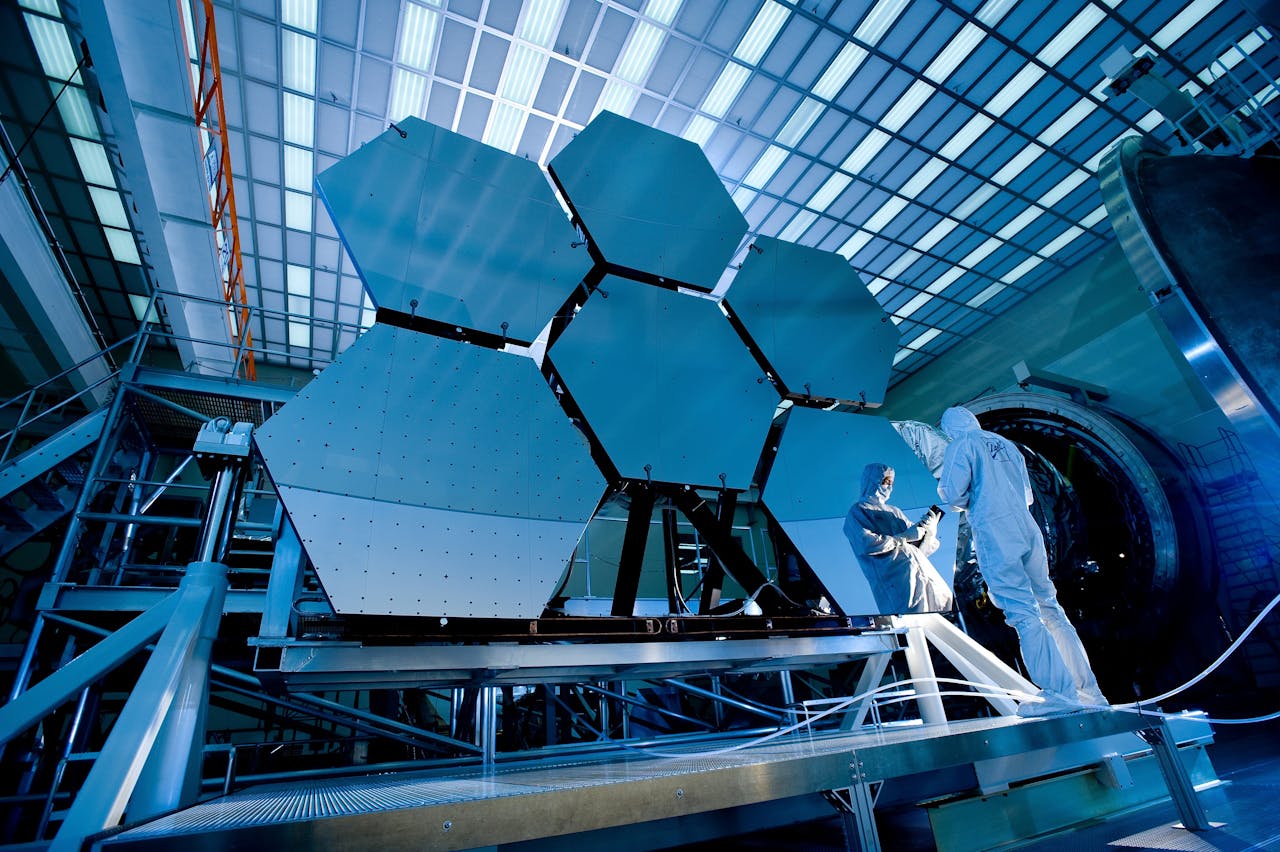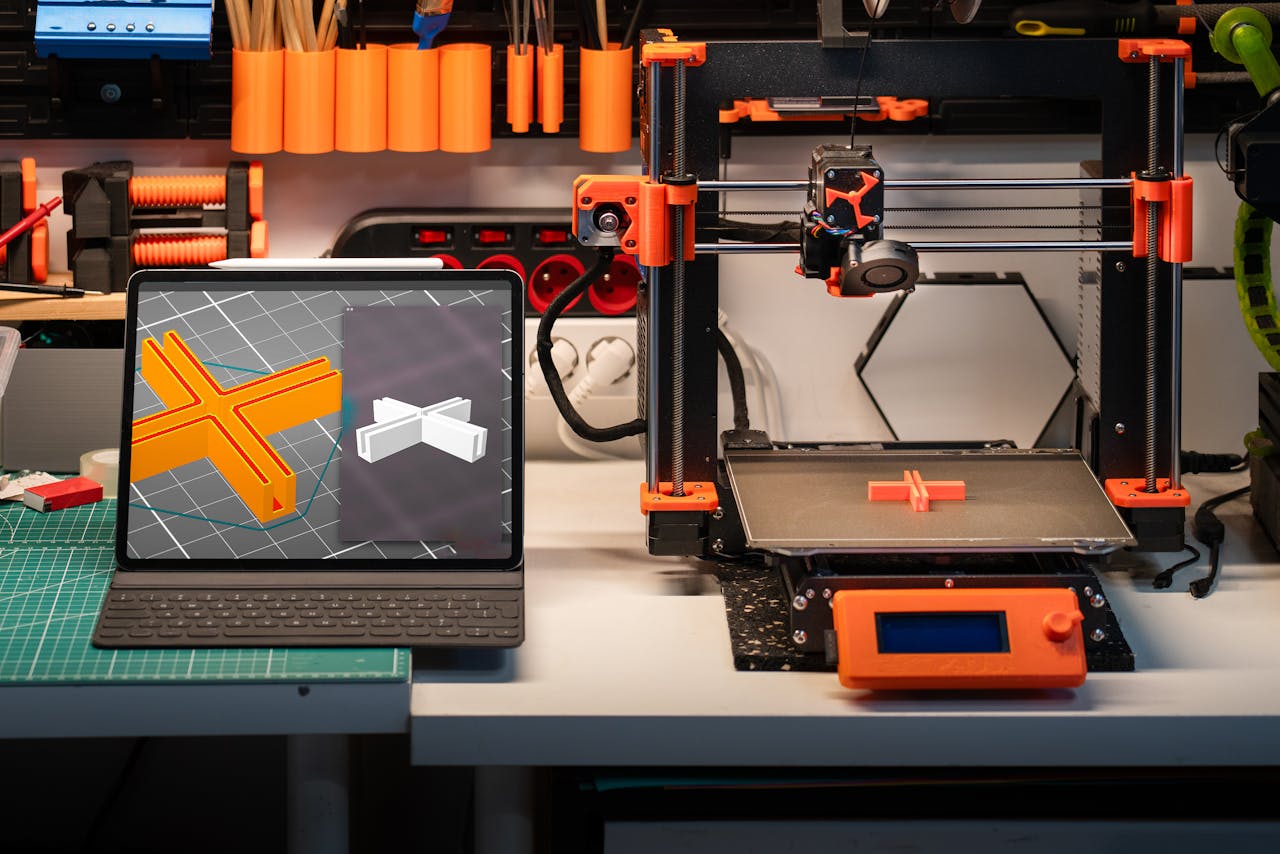Exploring Cutting-Edge Innovations in Information Technology
Information technology continues to evolve with advancements in AI-driven automation, cloud computing, and cybersecurity. Understanding these trends enhances efficiency and innovation across industries.
Improve data processing with high-performance computing, advanced analytics, and optimized network architecture for seamless operations.
Leverage cloud solutions to enhance flexibility, scalability, and security, enabling businesses to streamline operations and maximize efficiency.
Optimize cybersecurity measures with AI-powered threat detection, encryption protocols, and real-time monitoring to safeguard digital assets.
Stay ahead in IT innovation by adopting blockchain technology, IoT integration, and edge computing solutions, transforming industries with smarter digital ecosystems.


